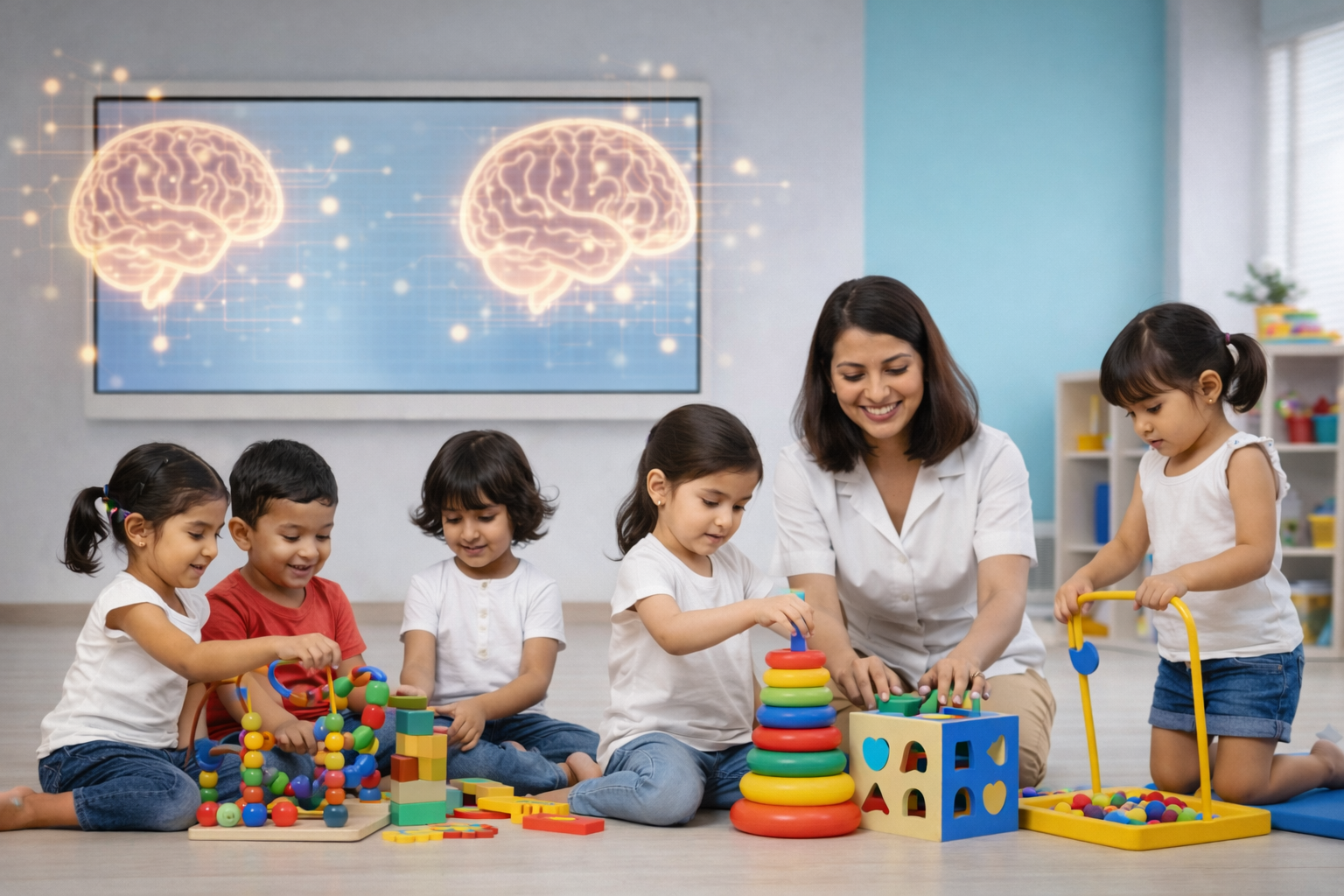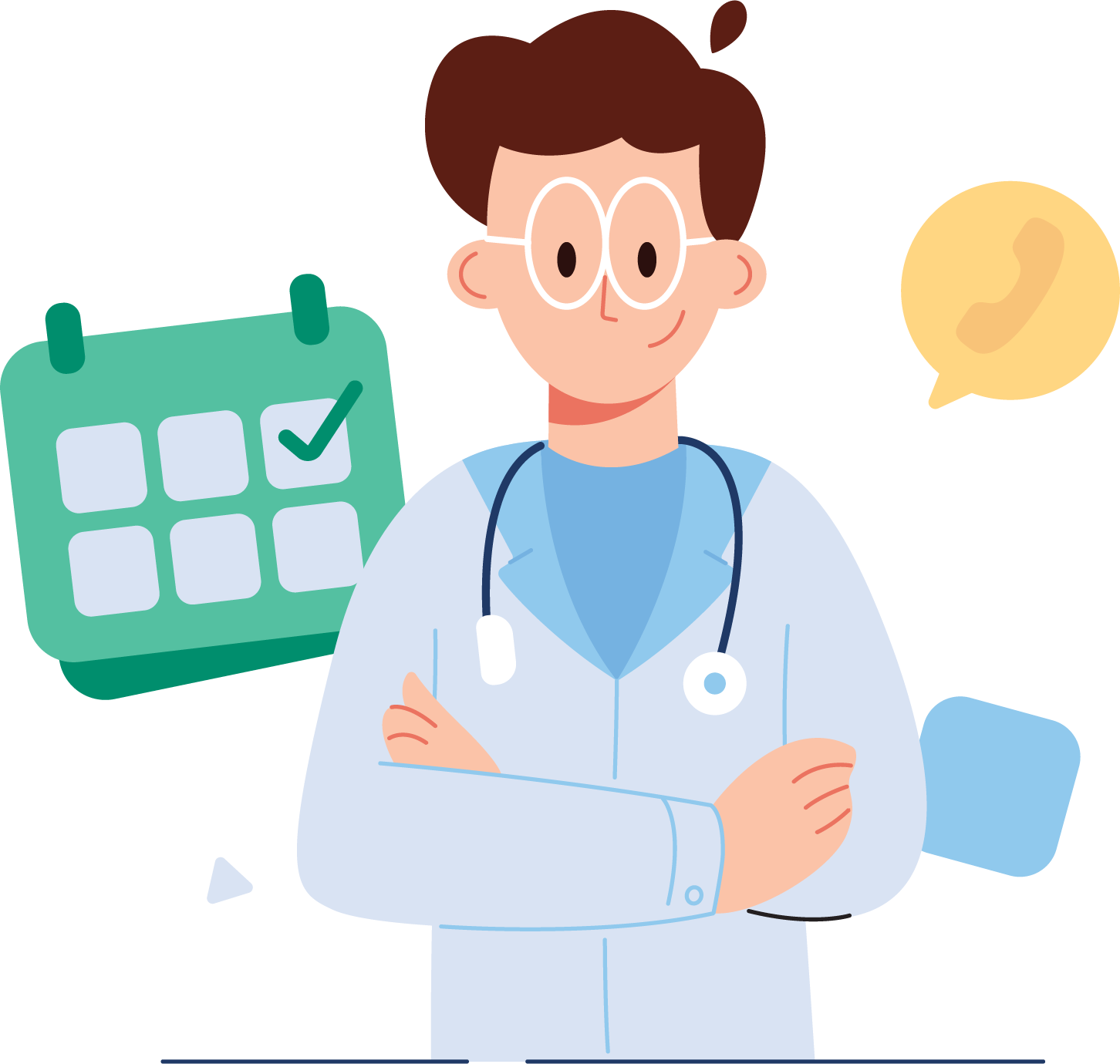ADHD is a neurological disorder that impacts millions of children and adults across the globe. Marked by recurring inattention, hyperactivity and impulsivity, the condition can make mundane tasks a challenge. For parents looking for help, finding the Best ADHD Specialist is critical to delivering effective care. In this blog, we’ll explore the symptoms, causes, and treatment options for ADHD, while providing inputs from Dr. Purva Shah, one of the prominent specialists at Samvedan, a reputed child development center.
What is ADHD?
ADHD is a multifaceted neurodevelopmental disorder usually diagnosed in childhood. It is a combination of behavior and cognitive problems which may prevent a child from sitting still long enough to listen to a story, control an impulse to fight, or do well in school. Although ADHD is typically diagnosed in kids, the symptoms can persist into adulthood, so early detection and treatment are key.
Key Symptoms of ADHD
Children with ADHD often demonstrate a number of behaviors which fall into two main categories:
- Inattention Symptoms:
- Inability to concentrate on tasks or conversations
- Common errors due to inattention to detail
- Easily distracted by external stimuli
- Difficulty organizing tasks and activities
- Effort to avoid and unwillingness to engage in tasks that require sustained mental effort
Hyperactivity and Impulsivity Symptoms:
Feeling of restlessness (restless emotions) or the need to move constantly or when seated.
- Talking excessively or interrupting others
- Trouble being patient and waiting for their turns In games and conversations.
- Impulsive decision-making without considering consequences
- Trouble doing things that are quiet or playing quietly
It is necessary to mention that every patient’s symptoms can be mild or, depending on the amount of toxin exposure, even vary from patient to patient. The early detection and consulting with the Best ADHD Doctor can go a long way in treating the condition.
What Are the Causes of ADHD? Recognizing the Root Causes
The specific cause of ADHD is not known, but there are a few factors that contribute to the development of ADHD. These factors include:
Genetic Factors
ADHD runs in families, according to studies. V According to the NIMH, children who have a parent or sibling with ADHD markedly increase the probability that they will also have it. Certain genes that are related to dopamine regulation have also been implicated in ADHD, suggesting a significant genetic influence.
Brain Structure and Function
Research has suggested that children with ADHD may have altered structure and function in the brain, such as in regions of the brain that control attention, impulses, and executive functioning. These disparities could account for some of the signs of the disorder.
Environmental Influences
ADHD during pregnancy and early childhood:?vironment as a main cause. Some risk factors for ADHD include maternal cigarettes or alcohol or toxins that she is exposed to in pregnancy. Also, early childhood trauma or lead intake might play a role in the onset of the disorder.
Neurotransmitter Imbalances
ADHD is thought to stem from imbalances in neurotransmitters, and in particular, dopamine. Dopamine is involved in attention and impulse control, and abnormalities in its function may lead to ADHD behaviors.
How Dr. Purva Shah at Samvedan Can Assist
If you suspect that your child might be displaying signs of ADHD, a consultation with an expert like Dr. Purva Shah Best ADHD Doctor in Samvedan is the first step in having him diagnosed and treated. With a background in child neurology and a strong knowledge of ADHD, Dr. Shah has access to individualized medications for the unique needs of the child.
Best Treatments for ADHD: What Works?
There are various options for treating ADHD including behavioral therapies and medication. Dr. Purva Shah stresses a mixture of different approaches to yield the best results.
Behavioral Therapy
Most of the time, behavioral therapy is the first line of treatment for ADHD, particularly for young children. This treatment teaches children coping strategies to manage their behavior, better their social interaction and stay on task. The process also involves parents, who are taught how to encourage positive and address disruptive behavior.
Medication
Medication is sometimes recommended in order to alleviate the symptoms of ADHD. Medications such as methylphenidate and amphetamines are ineffective in stimulating the brain areas that modulate attention and behavior. Non-stimulant medications, such as atomoxetine, are also possible for children who do not react favorably to stimulants.
Parent Training and Support
Dr. Shah at Samvedan also believes in providing support for parents. It involves training the parents to better understand and thus to manage their child’s behavior. “Parent support groups can also help provide a sense of community for families struggling to deal with ADHD.”
Educational Support
Students with A.D.H.D. frequently benefit from accommodations in school, like time extensions on tests, breaks during lessons or seating to minimize distractions. Working with schools and teachers is key to ensuring children get the right educational help.
Lifestyle Changes
Besides medication, lifestyle changes in the form of routine exercise routine, healthy diet, and consistent schedule can go a long way in managing ADHD. Dr. Shah frequently counsels on making a focused environment for families for which it is helpful to have a child with ADHD.






